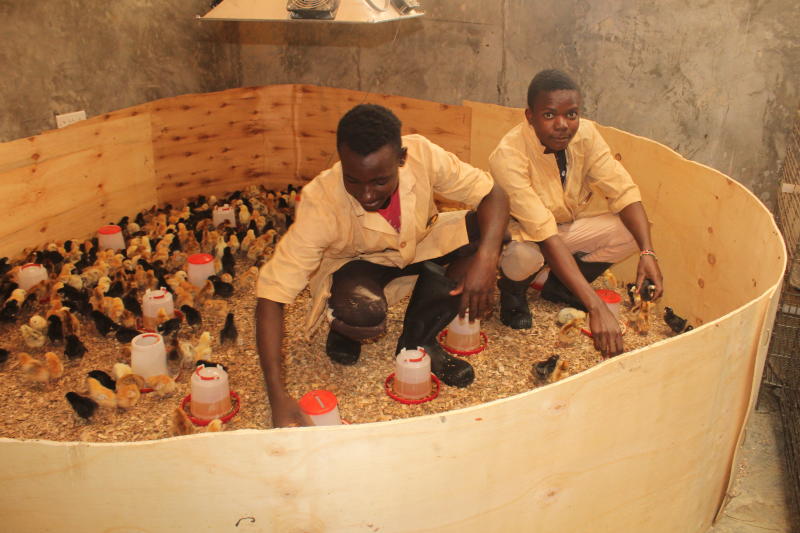×
The Standard e-Paper
Join Thousands Daily

After a hard day at work, Noel Malanda passes her evening time browsing the internet. During one of her jaunts online, she came across an article on poultry farming that whetted her appetite for farming.
The following day, she visited the Kenya Agricultural Livestock and Research Organisation (Kalro)- Kakamega Non Ruminant Centre where her journey to being a poultry farmer began to take shape.